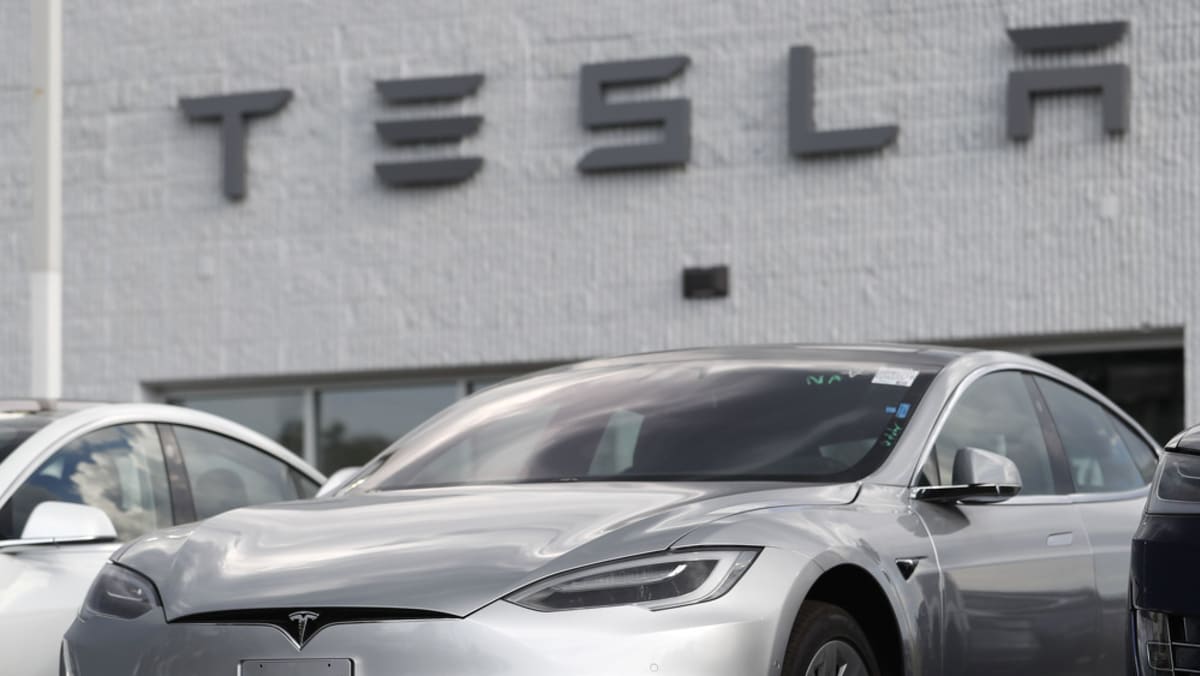Commentary: Push for innovation in artificial intelligence can create dangerous products
Research has called for taking an approach that considers insurance and indemnity (responsibility for loss compensation) to shift liability and allow stakeholders to negotiate directly with each other. They also propose moving disputes over algorithms to specialised tribunals. But we need bolder thinking to address these challenges.
Instead of liability, a focus on harm reduction would be more helpful. Unfortunately, our current system doesn’t allow companies to easily co-operate or share knowledge, especially when anti-trust concerns might be raised. This has to change.
RETHINKING THE LIMITS OF COMPETITION
These problems demand large-scale, industry-wide efforts. The misguided pressures of competition pushed Tesla, Uber and Boeing to release their AI too soon. They were overly concerned with the costs of legal liability and lagging behind competitors.
My research proposes the somewhat counter-intuitive idea that the ethical positions a corporation takes should be a source of competitive parity in its industry, not a competitive advantage.
In other words, a company should not stand out for finding ethical ways to run its business. Ethical commitments should be the minimum expectation required of all who compete.
Companies should compete on variables like comfort, customer service or product life, not on whose autopilot algorithm is less likely to kill. We need an issues-based exemption to competition, one that is centred around a particular technological challenge, like autonomous driving software, and guided by a shared desire to reduce harm.
What would this look like in practice? The truth is that more than 50 per cent of Fortune 500 companies already use open-source software for mission-critical work. And their ability to compete has not been stifled by giving up on proprietary algorithms.
Imagine if the motivation to reduce harm became a core target function of technology leaders. It would end the incentive individual firms currently have to design AI that is artificially innocent. It would shift their strategic priorities away from always preventing imitation and towards encouraging competitors to reduce harm in similar ways.
And it would grow the pie for everyone, as customers and governments would be more trusting of technology-driven revolutions if innovators were seen as putting harm reduction first.
David Weitzner is Assistant Professor in Administrative Studies at York University, Canada. This commentary first appeared on The Conversation.
For all the latest world News Click Here

